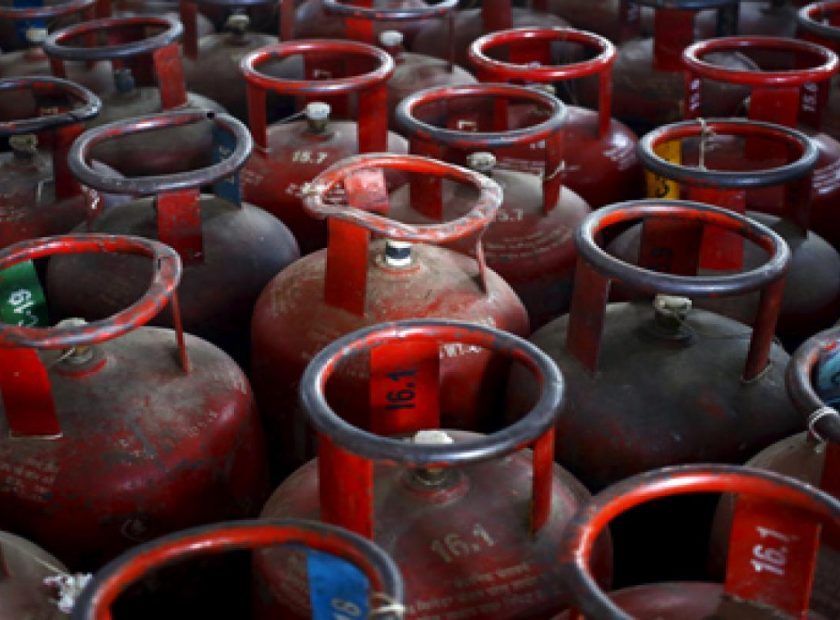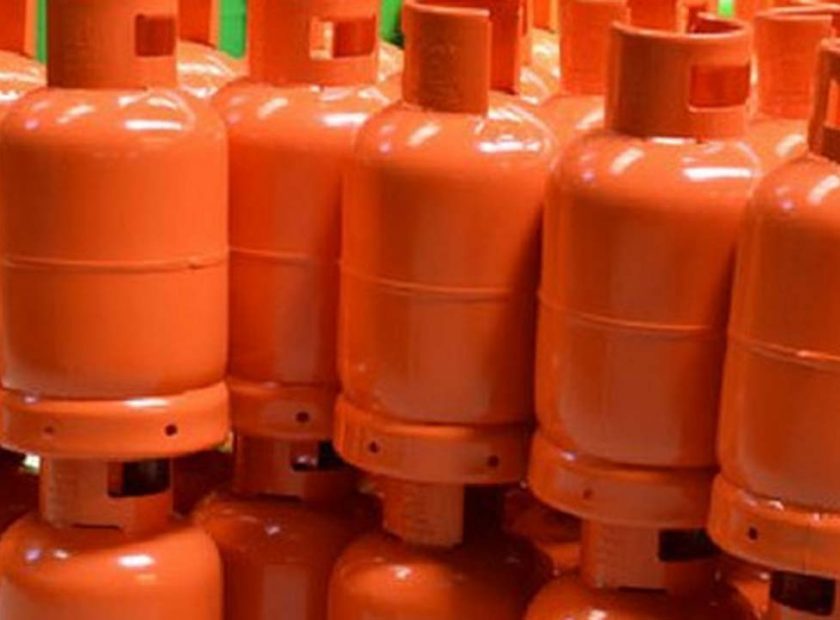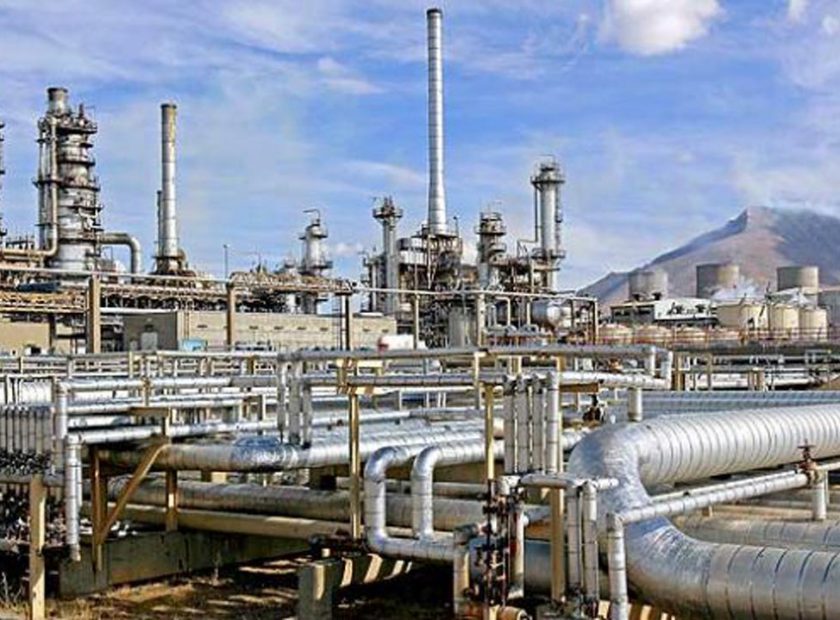It is no longer news that Nigeria’s four refineries have been sinking in the ocean of official corruption. This was a lingering problem that gave many Nigerians troubling thoughts about the future of the Nigerian National Petroleum Corporation(NNPC), which is said to be providing 70 per cent of the nation’s source of economic survival.
The corporation has had a number of Group Managing Directors(GMDs), each with a plan to turn around the fortunes of the giant corporation, though most of them left without accomplishing so much, as corruption repeatedly fought back.
There was rampaging fuel scarcity that became almost a recurring decimal every end of the year during Christmas and New Year festivities or Sallah, as the case might be. The new management of the corporation, led by Mele Kolo Kyari assured that such worrisome development would also be tackled with speed.
One thing Nigerians would live to remember was the open declaration by NNPC management, that the revival of these four refineries would finally be a dream come true. This declaration was made recently, during the handing over of baton by outgone GMD of the corporation – Maikanti Baru, to his successor, Mele Kolo Kyari. The new GMD minced no word in not only guaranteeing the revival of the four refineries and backing the emergence of more privately-owned ones but of cleaning the augean stables at the NNPC. This meant he would launch a reform process capable of giving the corporation a good public image, thereby ensuring a radical break from the inglorious past.
Of a truth, the handing over ceremony came with high expectations among stakeholders in the oil and gas sector, as well as the nation’s economic gurus – who witnessed the handing over. Some wanted to hear the outgone Baru’s parting words, while others expected to hear inspiring words from the man taking over.
Dropping the hint on the revival of the nation’s refineries, private sector involvement in the oil and gas business as well as changing the face of the war against corruption at the corporation excited many but ruffled some feathers. Those excited were hoping for a new dawn in the all-important sector. Those whose feathers were ruffled were swallowed by the fear that a ‘no-longer-business-as-usual’ proponent could expose them.
But did the new GMD merely disclose a plan for the revival of the refineries, or provided timelines? What were the related issues he raised in addition? Let us take a second look.
The new NNPC management made bold statements like vowing to repair the four national refineries before the termination of President Muhammadu Buhari’s administration in 2023.
He also promised to work towards the delivery of the Dangote Refinery in the year 2020.
Another striking pledge by the new management was ensuring that the country achieves its production target of three million barrel per day, while also growing its reserves.
The new perspective of the NNPC management under Kyari was “there will be no corruption where there is no discretion”. Consequently, the new management will join hands with the EFCC in crushing the maggots that found the NNPC a convenient Apple.
Partly as a demonstration of seriousness against corruption, the new GMD openly warned his family members not to collect any gift from anyone on his behalf.
This renewed zeal by the new NNPC management has sent the right signal. Shortly afterwards, the “TAPE” policy was born. The management, led by Kyari brought in TAPE (an acronym for Transparency, Accountability, Promotion and Excellence). According to keen observers of Nigeria’s oil and gas industry, the TAPE policy was revolutionary in the history of the corporation.
The question on the lips of those who heard the public declaration of transparent operations of the NNPC was whether the new management could be trusted to deliver on this much-sought-after reform. They wondered how to gauge whether Kyari and the management team could deliver on these promises or not. Some said the plans were too ambitious and they would rather ‘wait and see’.
Well, as we read almost every week in the Nigerian newspapers, listen on radio and watch on television, some bold steps have been taken by the NNPC. The first being the oil and gas industry mafia use of middlemen to create artificial scarcity of petroleum products during the ember months was brought to a successful end. For instance, the 2019 Christmas and New Year festivities were free of fuel scarcity problem. There was also no fuel price hike.
Before then, Nigeria’s partnership with Russia on oil and gas was relatively unknown until recently when the two nations signed a new MoU to extend the tentacles of the business a notch further. The elaborate ceremony for the new-look partnership drew Nigerians attention (some for the first time) to the huge economic benefits of the Nigeria-Russia pact on the oil and gas sectors.
Only recently, I read the news about Aliko Dangote’s new refinery equipment arriving the nation’s shores, which signposts how close Nigeria has come to bringing private investors into this sector.
Looking at the successes recorded by means of nipping in the bud the artificial scarcity of Petroleum products, attacking corruption, the emergence of Dangote Refinery(which has reportedly reached advanced stage); the transparency philosophy that gave birth to TAPE; landmark efforts in tackling pipeline vandalization; launching of new phases of gas projects among others, the NNPC is fast transforming .
There is the African proverb, especially in the North – that “a good Friday begins with a promising Wednesday”. It means from the small beginnings, the new NNPC management under Kyari is set for big things for the corporation in particular and the nation in general.
Imagine the open governance strategy of the New NNPC management, in which every month the corporation tells the whole world what it has done in thirty done in 30 days. This is indeed a classical example of transparency. This exemplary ‘openness’ policy is today the biggest difference between the NNPC and all other Ministries, Department and Agencies (MDAs) under President Buhari’s Next Level era.
One could only hope the current momentum is sustained by the new management; and sky would be the limit for an unprecedented economic tonic for this nation.
Source: TheReportersNews



